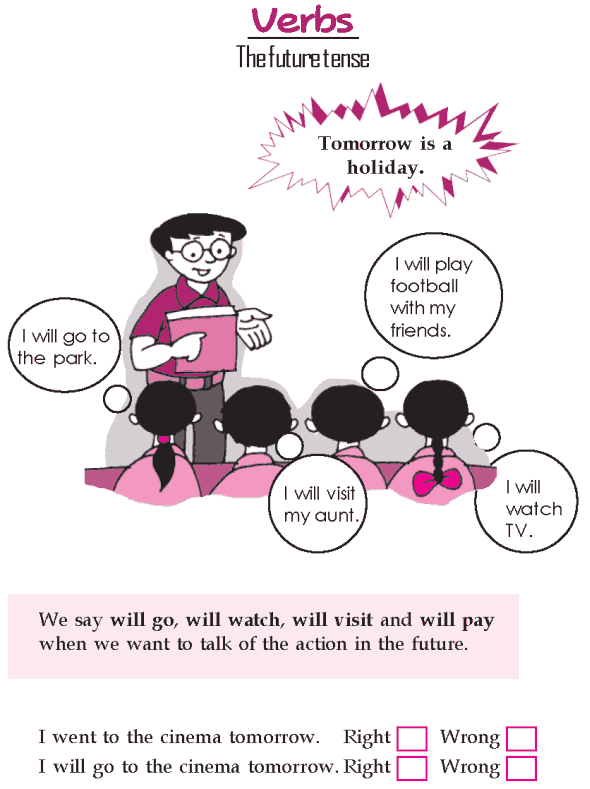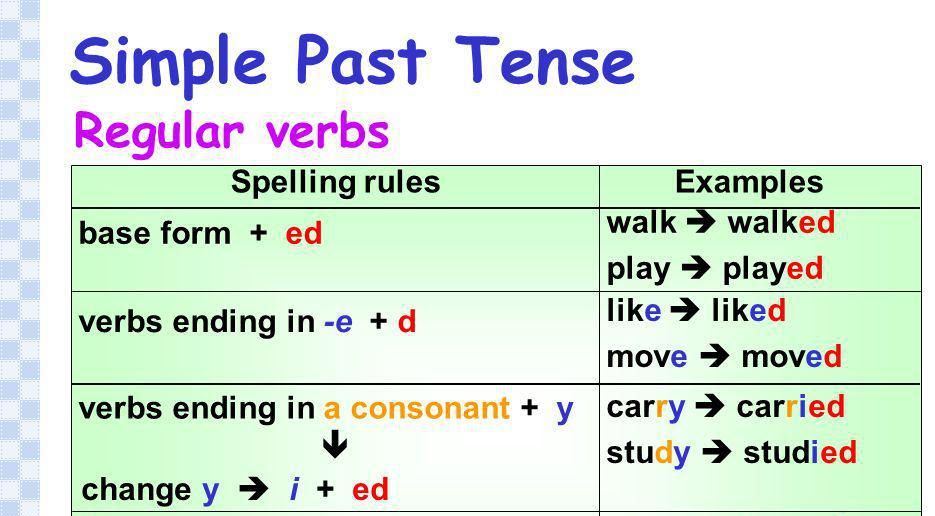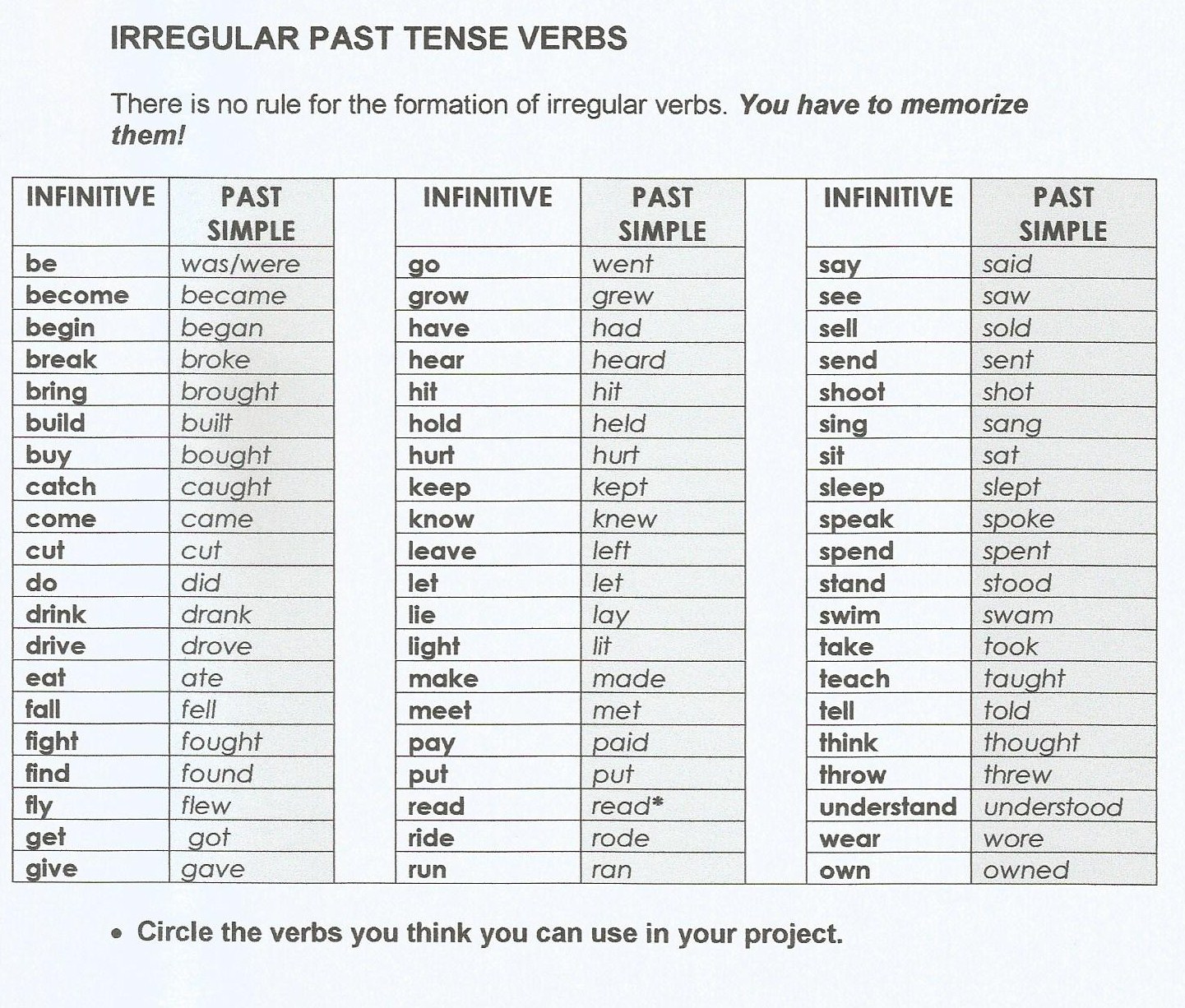

bad feelings while working.īreeded is not a word since the correct past tense of the verb “to breed” is “bred.” Is Bread Past Tense Of Breed? Referring to an action that happened in the past We went to the park yesterday evening. Because Anna is good at hiding her emotions, she never ….Nancy …… her negative feelings all day because she failed her exams.Grammar-based ´Getting to know you´ worksheet aimed at practising the use of correct wh-question words, speaking, listening, asking for clarification, asking. a new kind of strawberry to improve the efficiency last month? Grammar Meets Conversation: Wh-questions (1) - Getting. It was a remarkable time when she traveled and …… his daughter in Paris.Mary bred depression in her teammates while she showed her negative energy.Last year, we bred a new plant with watermelon and tomato characteristics.This elephant bred her babies in captivity, which caused its bad health.The cow in my cousin’s farm bred 6 baby cows yesterday.As a result, if you want to express an action or event that already happened, you should use “bred” instead of the bare verb. Its usage in a sentence in general and its usage in the form of Past Simple Tense or Past Participle Tense, and examples. To make negative or (sometimes) positive situations or feelings develop.īred is the past form of the irregular verb breed.To create a new animal or plant with particular traits.Įxample: Our scientists have a plan to breed a new type of grapes, bringing higher efficiency and profits.After animals breed, they will become the parents (mom or dad) of young animals.Įxample: If a sheep breeds, its babies are called lambs. For regular verbs, you form the simple past tense by adding the suffix ed to the end of the verb (or just d if the past tense verb already ends in an e).This verb “breed” has 3 meanings as follows:
#Meet past tense grammar how to
Please refer to this link to learn how to pronounce “bred”: I/You/We/They/He/She/It will have been breedingīoth these two words have only one syllable. I/You/We/They/He/She/It had been breeding Instead, you simply remove one letter “e” to do it (like meet past tense).īecause this word is an irregular verb, the past participle of breed is also “bred” (the same as its past form). This word is an irregular verb in the English language so you cannot add “ed” to the word to create its past form.

You can also use phrases that refer to an indefinite period of time in the past, often. Do bring your friends.The past tense of breed is bred. You can use past simple with time expressions that refer to a point of time in the past, for example, earlier today, yesterday, last week, last month or last Tuesday. meet 2 not attempted The present participle of 'to meet' is.

We can also use do for polite invitations: Past Tenses Present Tenses Future Tenses Printable Test 0 0 1 not attempted What is the base form of the verb 'to meet' A. We can use the auxiliaries do and did with the infinitive for emphasis: MultipleChoice_MTYxNjM= The verb phrase 4 the auxiliary verb be and a main verb in the past participle form:Ī verb phrase with be and the past participle expresses passive voice.a modal verb and the auxiliaries be, have and have been:.A verb with have/has expresses present perfect continuous and a verb with had expresses past perfect continuous. the auxiliary verbs have and been and a main verb in the –ing form:Ī verb phrase with have been and the -ing form expresses both perfect aspect and continuous aspect.GapFillTyping_MTYxNjE= Level: intermediate What is the point of v2.8 > v2. There is a 'meet/meets' distinction, but there is no 'mets'. MultipleChoice_MTYxNjA= The verb phrase 2 The past tense form and past participle form of to meet don't mark number. a modal verb ( can, could, may, might, must, shall, should, will, would) and a main verb:.the auxiliary verb have and a main verb in the past participle form:Ī verb phrase with have and the past participle expresses perfect aspect. A verb with have/has expresses present perfect and a verb with had expresses past perfect.A verb with am/ is/ are expresses present continuous and a verb with was/ were expresses past continuous. the auxiliary verb be and a main verb in the –ing form:Ī verb phrase with be and – ing expresses continuous aspect.The verb can be in the present tense ( are, like) or the past tense ( saw, laughed). Collins COBUILD Advanced Learner’s Dictionary. Verb phrases in English have the following forms: Definition of 'met' Word Frequency met (mt ) Met is the past tense and past participle of meet. But many of the most frequent verbs are irregular. Most verbs are regular: they have a past tense and past participle with –ed ( work ed, play ed, listen ed). Verbs in English have four basic parts: Base form


 0 kommentar(er)
0 kommentar(er)
